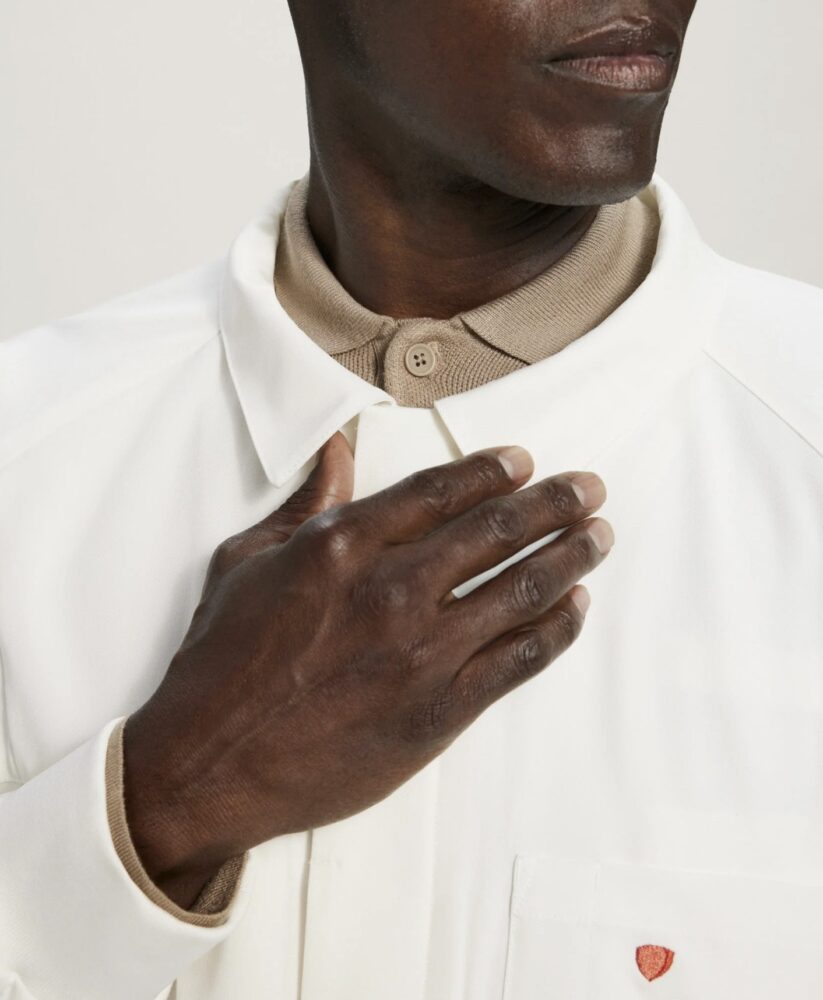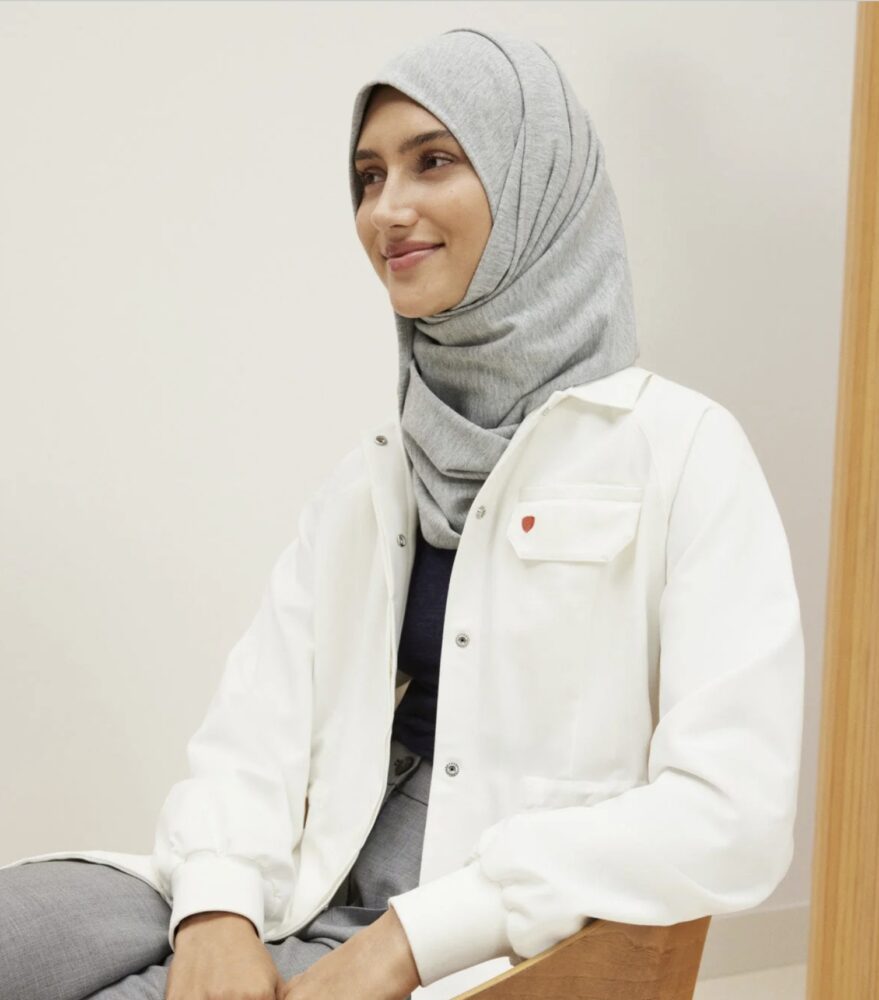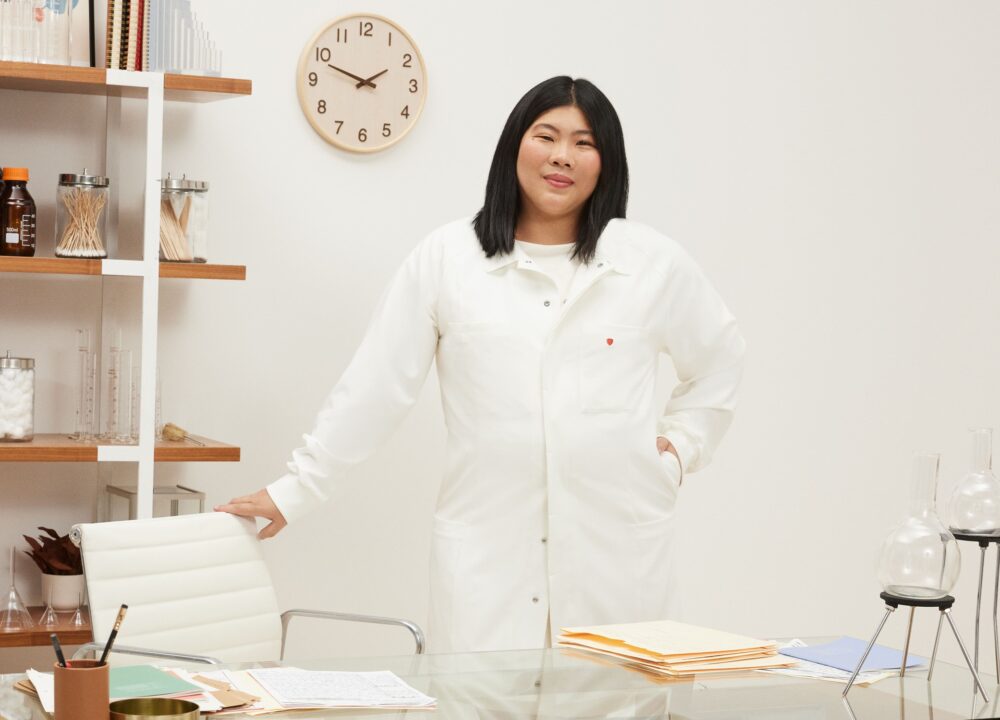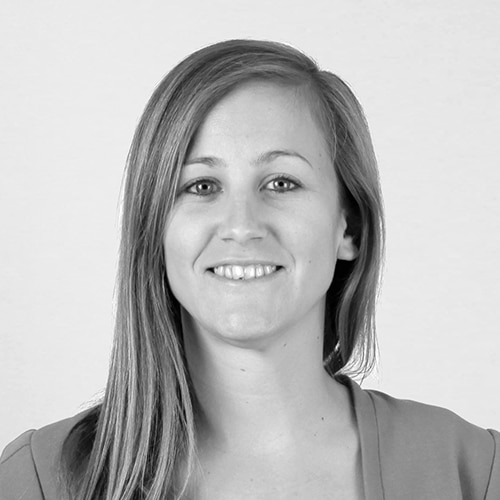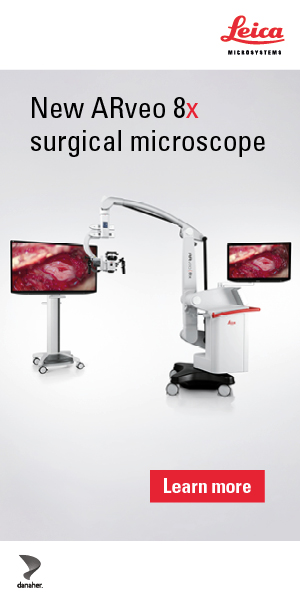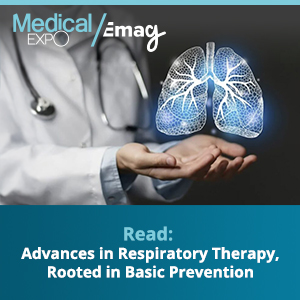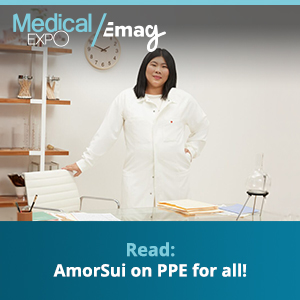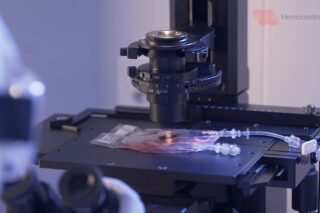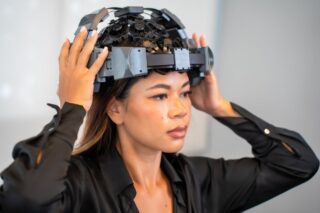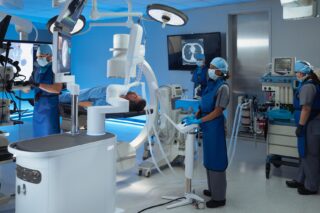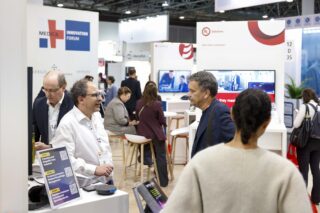AmorSui’s founder, Beau Wangtrakuldee, Ph.D., discusses how her company is reshaping protective apparel for medical and research professionals through inclusive design, circularity, and science-driven innovation.
In an industry still dominated by single-use gowns, masks, and ill-fitting lab coats, AmorSui is emerging as a rare counterpoint: a company reinventing PPE from the inside out. Its founder, Beau Wangtrakuldee, Ph.D., launched the venture after surviving a chemical spill that burned through what was supposed to be protective gear. Her experience exposed a hard truth: standard PPE is often designed around a narrow “one-size-fits-men” paradigm that leaves many wearers—especially women—underprotected.
Today, AmorSui is gaining traction among research labs and clinical institutions by offering reusable, high-performance protective apparel that meets rigorous fluid and odor resistance standards, while also embedding the circular economy into its business model.
As hospitals and research institutions face growing pressure to manage waste, control costs, and navigate supply chain volatility, the timing of AmorSui’s mission is resonant. The company claims that 100 of its isolation gowns can substitute 10,000 disposables, cutting thousands of pounds of waste and avoiding the recurring procurement costs of disposables. Its product lines now include gender-inclusive lab coats, fluid-repellent isolation gowns, and even a fire-resistant hijab for women working in research or clinical settings. In many respects, AmorSui stands at the intersection of safety, inclusion, and sustainability—questions that are increasingly urgent for medical professionals seeking protective gear that doesn’t compromise on performance or equity.
Beau Wangtrakuldee launched AmorSui in 2018 in Philadelphia, with the initial goal of providing size-inclusive, safety-performance apparel for women in STEM. The name AmorSui is derived from Latin, meaning self-love. We discuss the technical details with Wangtrakuldee in this interview.
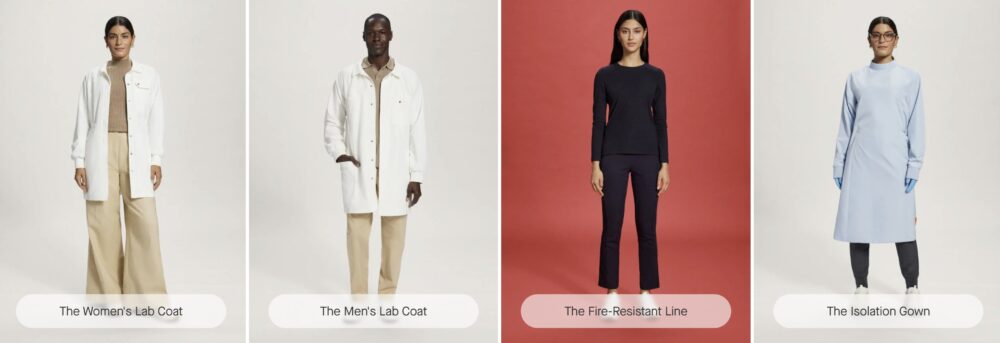
Image: Screenshot of AmorSui’s product line.
The Story Behind Entering the PPE Market
MedicalExpo e-Magazine: What inspired you to create AmorSui and enter the PPE market?
Beau Wangtrakuldee: Before I obtained a PhD, I was still heavily working and conducting experiments as a chemist. One day, I was making a large-scale anti-cancer drug, and the sleeve of my lab coat was a little bit too long. It got caught on the experiment setting, and the whole setup in front of me came down on my body. The majority of the spill was on my right side, my right leg… and the lab coat, which is called personal protective equipment—it should be protective—but it was completely burned through. That was really the start of me realizing PPE didn’t fit or protect everyone equally.
MedicalExpo e-Magazine: How did that experience evolve into building a business, and who are your products designed for?
Beau Wangtrakuldee: I was in a lunch with 15 women scientists… and to my surprise, every single one of those 15 women had a similar story of near-death or accidental experience around PPE that did not fit. That really sparked my interest in looking further into this. I found that the market really prioritizes cheap, one-time-use products, not quality or safety.
Sustainable, Eco-friendly, and Truly Protective – A First for PPE
MedicalExpo e-Magazine: What makes AmorSui’s materials and textiles different from conventional disposable PPE?
Beau Wangtrakuldee: When we think about our products, it’s complicated because you have to check a lot of boxes. One, it has to be protective—if it’s not protective, then it’s not our product. It also has to be durable, because if it’s not durable, the cost per wash or cost of usage won’t make sense. And third, we really care about the environment. Our product is made of mono material instead of blended material like cotton with polyester… when you have blended materials, they can’t be recycled. Because ours is mono material, including trims and cuffs, it allows our product to be 100% recyclable.
MedicalExpo e-Magazine: What type of fabric do you use, and how does it meet safety standards?
Beau Wangtrakuldee: It’s 100% polyester with a shorter-chain chemical coating for fluid repellency. Longer chains break down over time and create microplastics or PFAs. We use shorter-chain coating chemistry, so it doesn’t create PFAs and is durable up to 100 washes. Our products meet third-party testing under AAMI PB70 standards for fluid repellency, and we comply with FDA, OSHA, and CDC requirements.
MedicalExpo e-Magazine: Have you established partnerships or case studies within healthcare institutions?
Beau Wangtrakuldee: We work with large healthcare enterprises and national labs, and our enterprise customer base has grown over the past five years. We’re now in conversation with major medical supply distributors to distribute our product in North America and Europe on a large scale. Our clients report cost savings, waste reduction, and improved comfort and safety. From a clinical standpoint, that’s easy—it’s more comfortable and protective. From a sustainability standpoint, we help them meet their goals.
Waste Reduction and Recycling “End-of-Life” PPE
MedicalExpo e-Magazine: What happens to your products when they reach the end of their life cycle?
Beau Wangtrakuldee: We have a recycling partner based in North America, with sites in New Jersey and other U.S. locations. We collect the used products into a warehouse, and once they reach scale, we send them to be recycled once or twice a year.
MedicalExpo e-Magazine: What’s next for AmorSui—any new products or directions on the horizon?
Beau Wangtrakuldee: We’re looking to disrupt not just PPE but the entire medical supply chain—gloves, head covers, shoe covers, and other things. We focus on products that are functional, high-quality, clean, and recyclable, applicable across many industries from lab to healthcare to oil and gas.
We also offer products tailored for specific needs, like our fire-resistant hijab for Muslim professionals. There’s no fire-resistant hijab made for Muslim populations who are working with exposed fire. But it’s actually very common—there are a lot of Muslim scientists in Canada, in North America, in the UAE, and oil and gas workers in those regions. People come to us and buy from us because we’re the only one who offer them.
MedicalExpo e-Magazine: Your PPE started from a woman’s perspective. Are they now designed for everyone?
Beau Wangtrakuldee: That’s correct. We offer both general inclusive products and those specifically for women’s bodies. For example, our women’s lab coats have an adjustable cinched waist, while the men’s do not. We have both styles.
